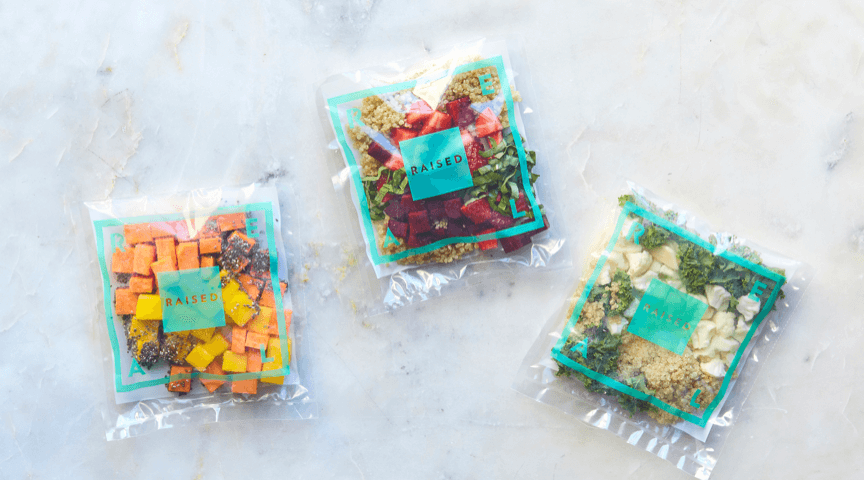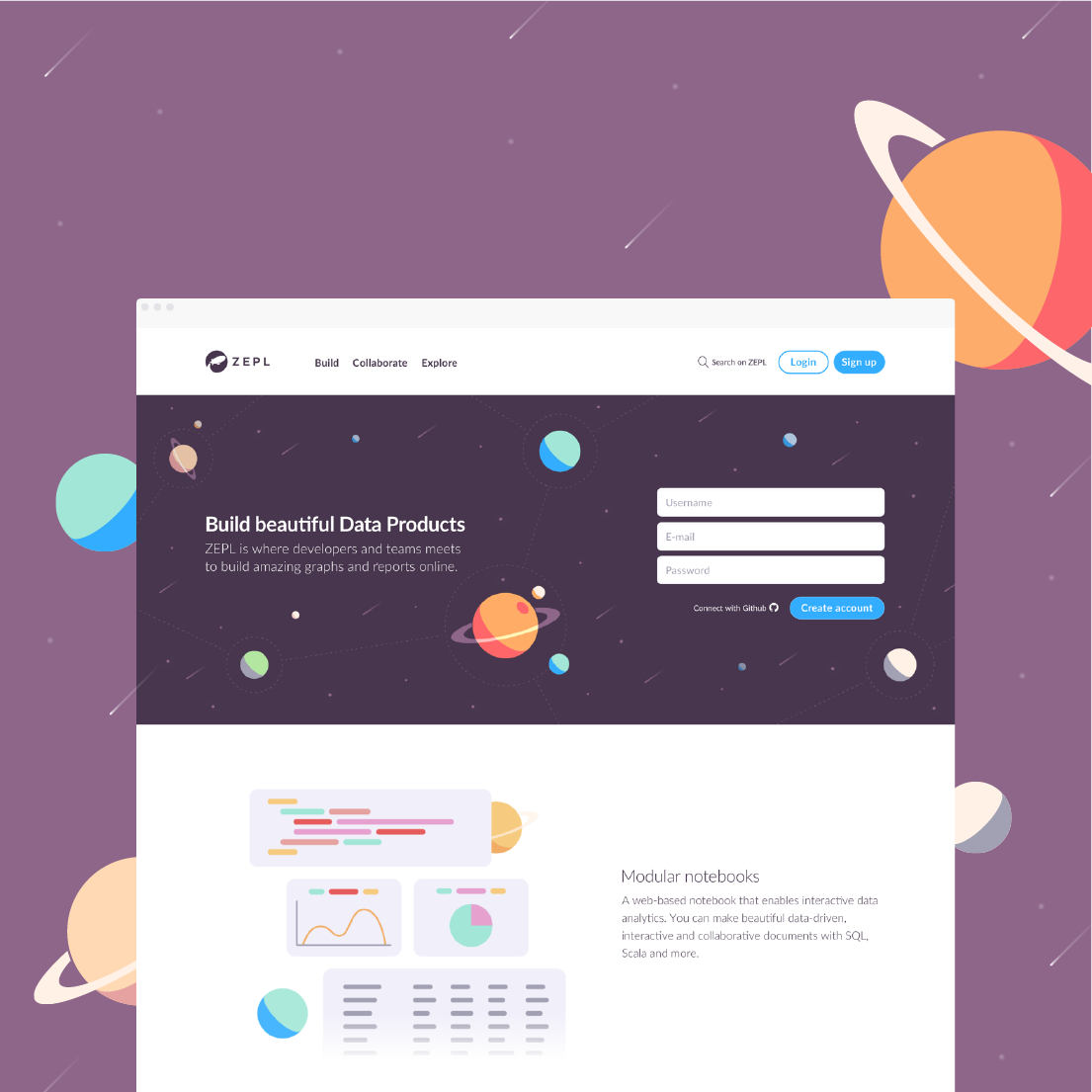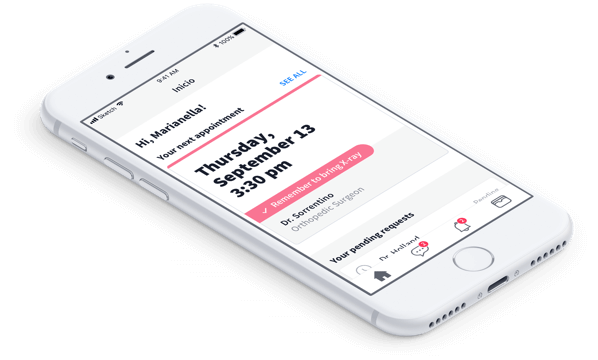
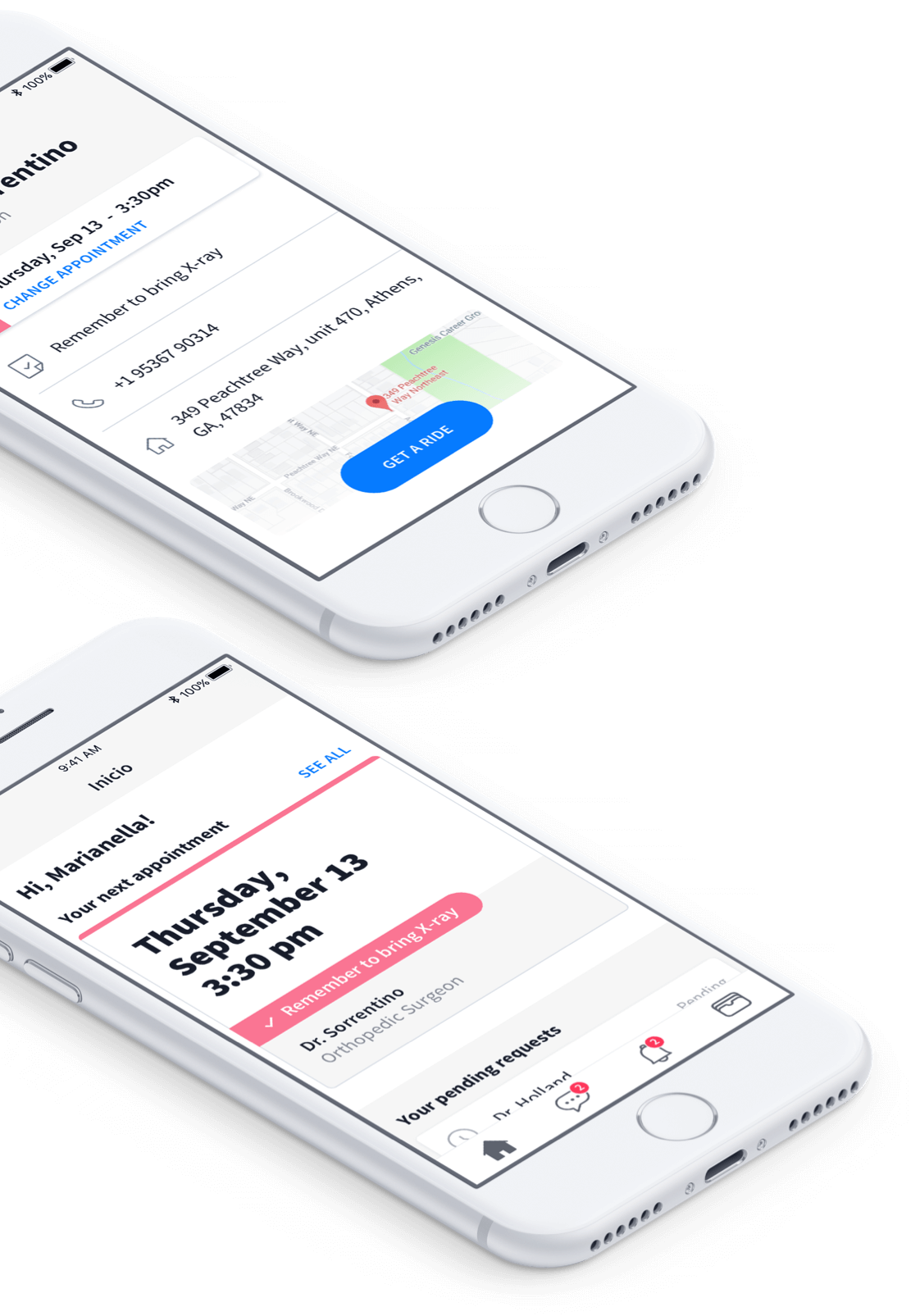
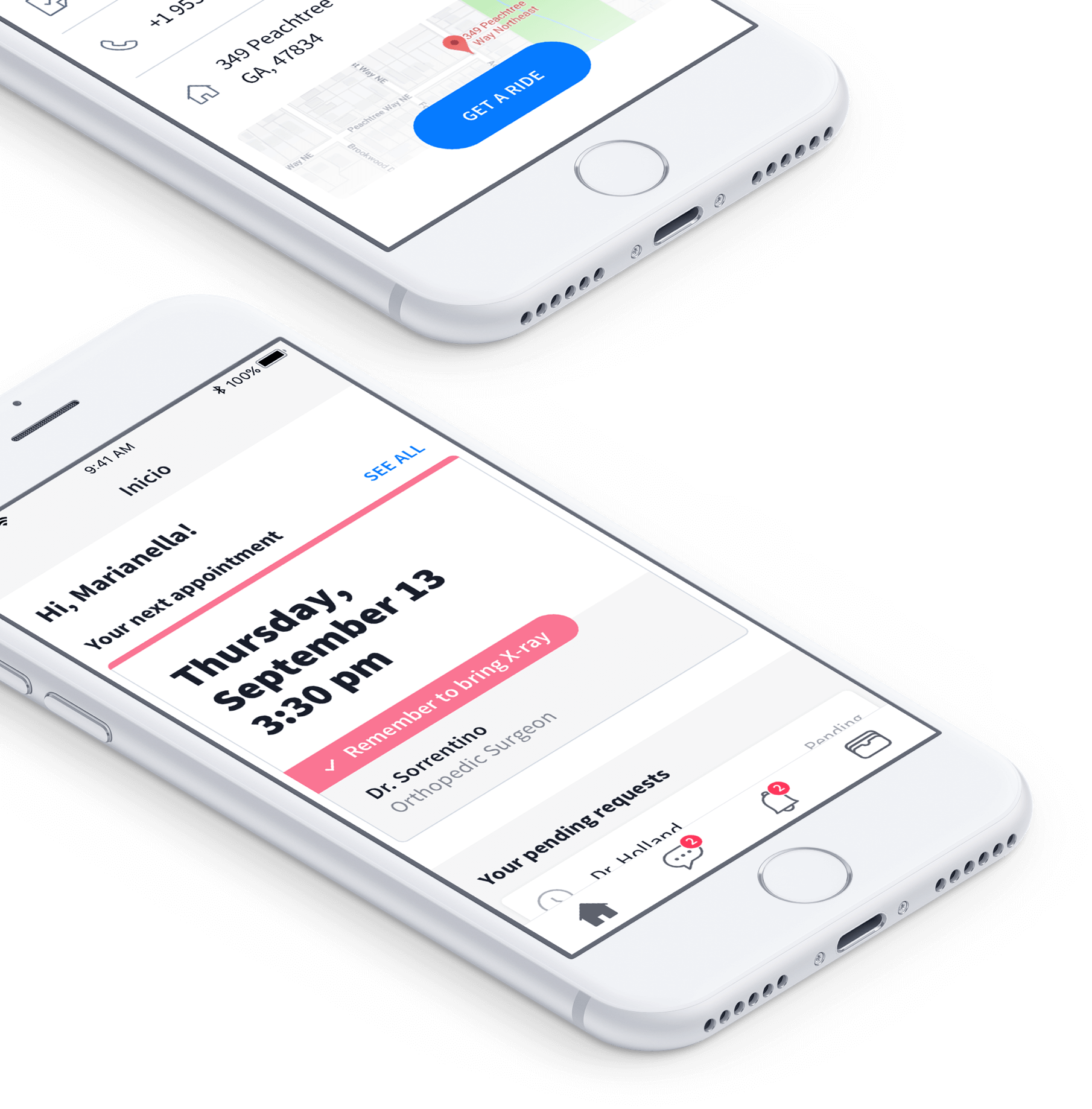
A helping hand for injured workers

Project summary
Chronwell is a platform where people who suffered work-related injuries can access resources to speed up their recovery, as well as communicating with their employer and healthcare providers.
Team
1 Project Manager 1 Illustrator 2 UI/UX Designers
Duration
10 sprints from kick-off to MVP delivery
Deliverables
Discovery & benchmarking report Full UX architecture Design system & UI kit Illustration system Hierarchized feature set
Project type
Discovery Product MVP Definition
Applied methodologies
Competitive benchmarking, Lo-fi prototyping, Product discovery, Hi-fi prototyping, Customer journey mapping, Design system, Jobs to be done, Illustrations
The Challenge
First and foremost we needed to empathize with these people missing work due to injuries, understanding how they feel and what their priorities are. Then we had to make sure we built a product that is simple enough not to be overwhelming, but not so simple as to not provide the appropriate support.
Understanding our users
Recently injured, with possible sequels or impairments caused by the accident. (Both physical and psychological)
75% of claims come from low-income field workers.
In some cases, they are the sole/main financial provider for their household.
The more serious injuries require rehabilitation and long-term treatment.
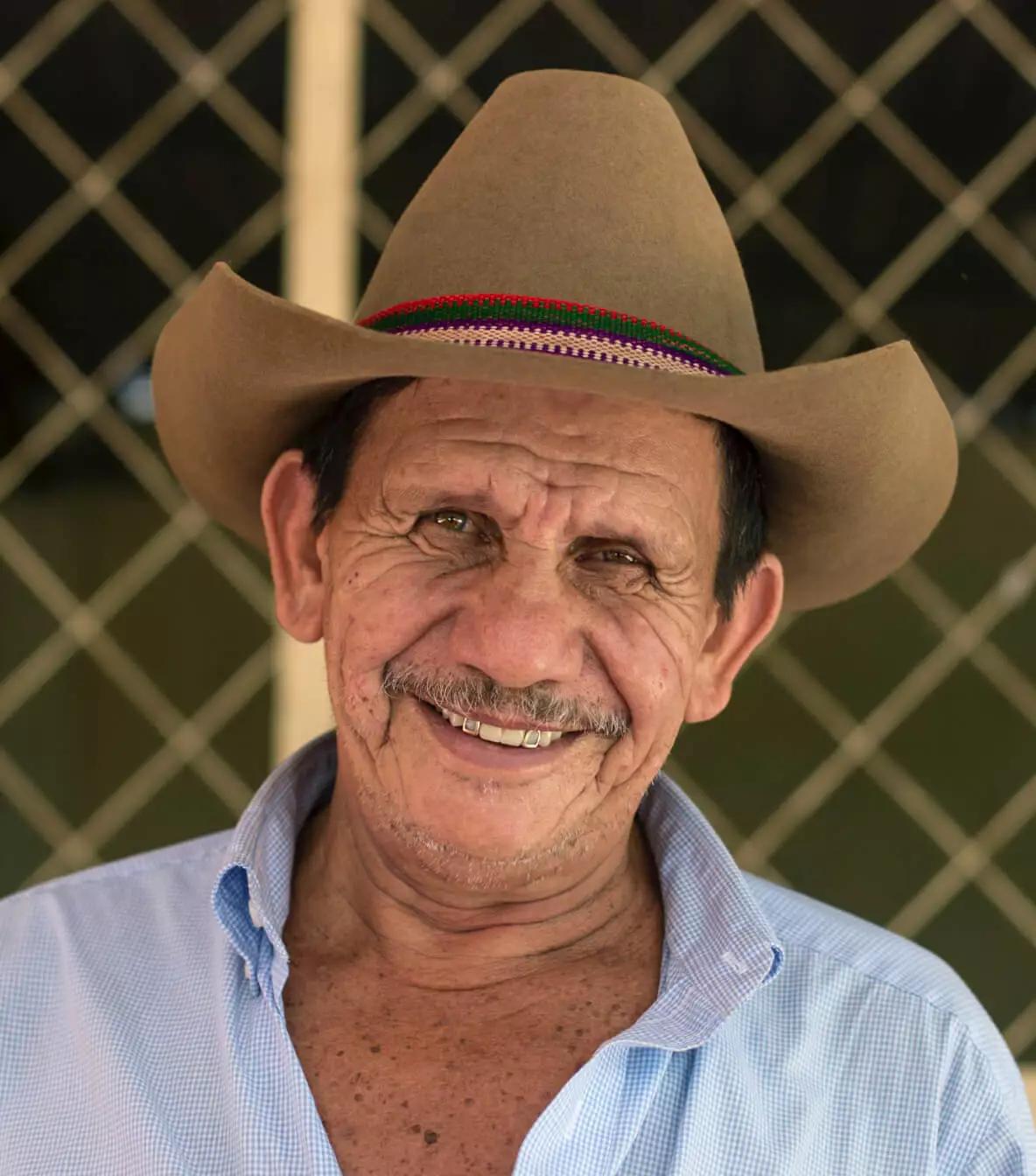
A typical workers’ compensation case in California takes from one to two years to be resolved. We needed to do better.
Jobs to be done
When working with such a diverse userbase, User Personas can bias the design process and skew our understanding of the problem at hand. While each worker is different, their goals and needs are pretty similar, so we focused on that and put them into perspective with Jobs To Be Done.
- Recover from their injury.
- Avoid losing their jobs.
- Get appropriate, lawful compensation.
- Miss as little work as possible.

The architecture should contemplate two parallel paths: the worker’s road to recovery, and their communication with their employer and healthcare provider.
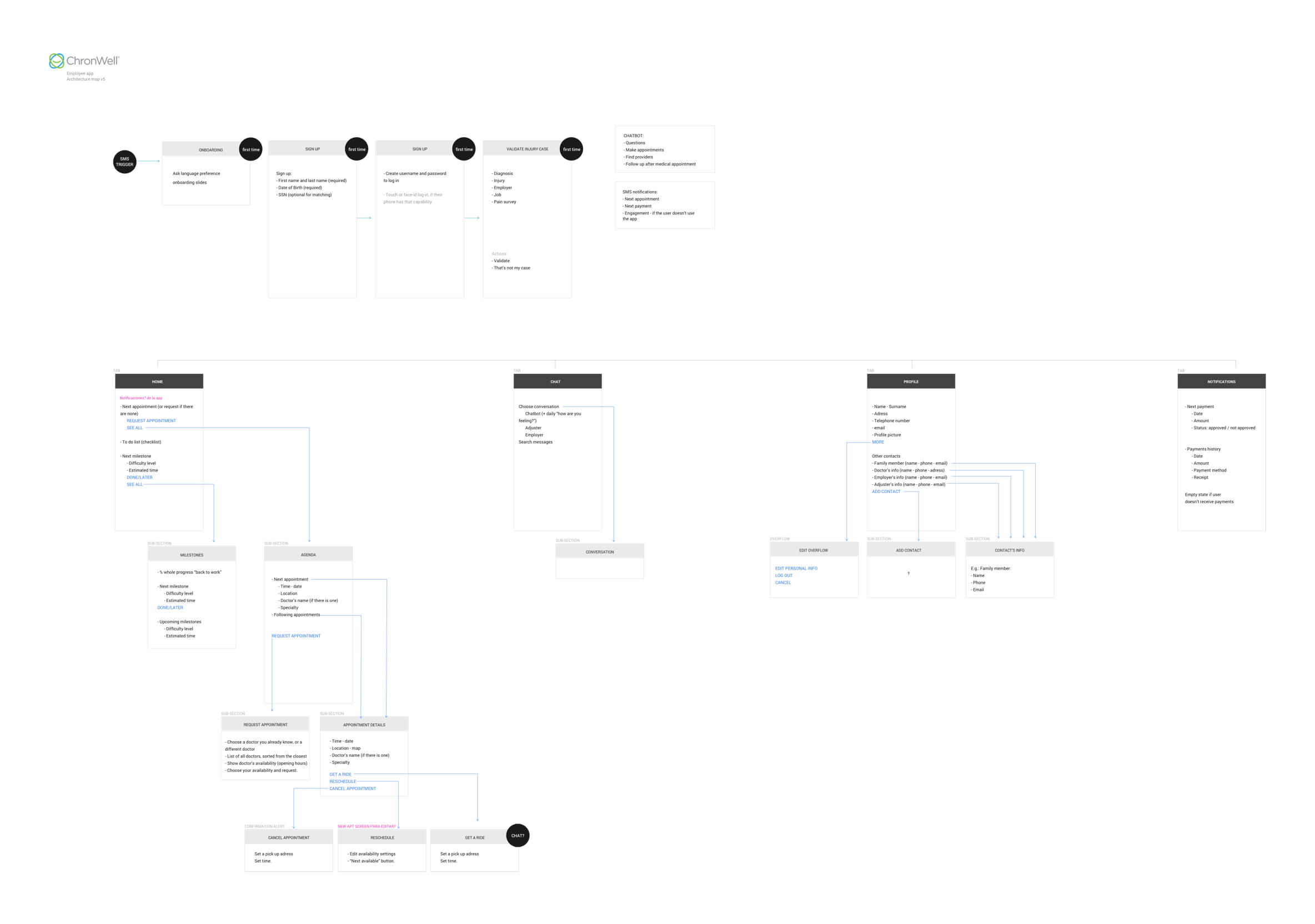
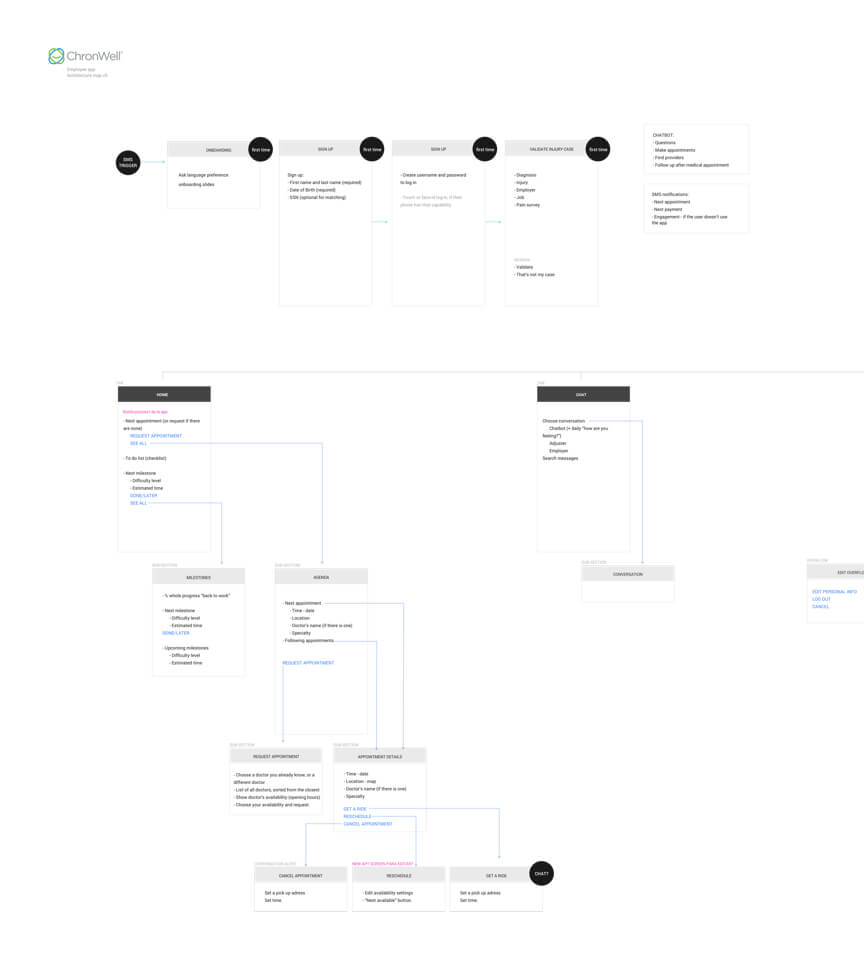
Key features
From those two paths stem four main features that help our users in their recovery, as well as providing clarity on the process.
Case File
Quick access to pharmacy cards, prescription, IDs, and all relevant documentation.
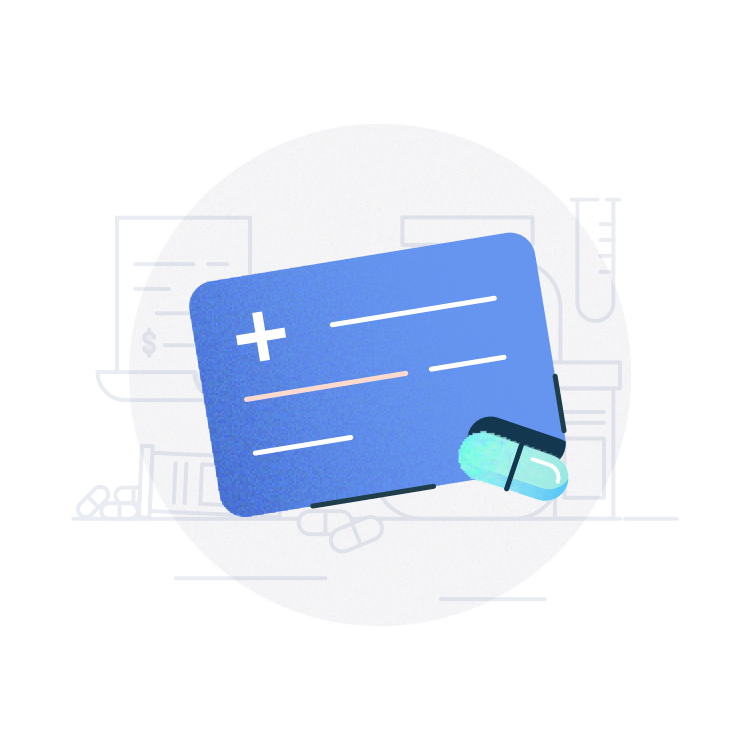
Appointments
Find care providers and book them from the app.
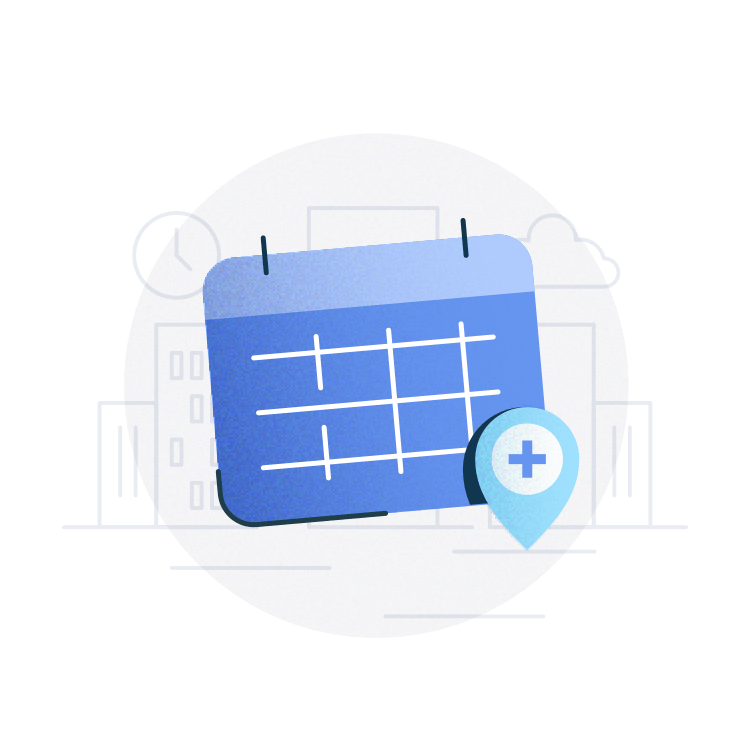
Chat
Direct communication with the professionals managing the case, and a 24/7 channel for support.
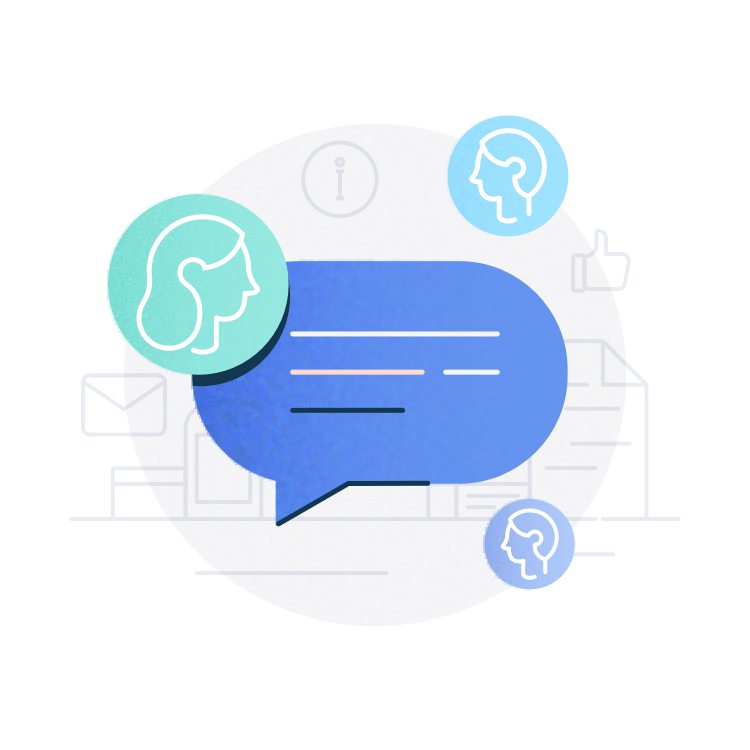
Notifications
Reminding users of upcoming appointments and activities related to their recovery.
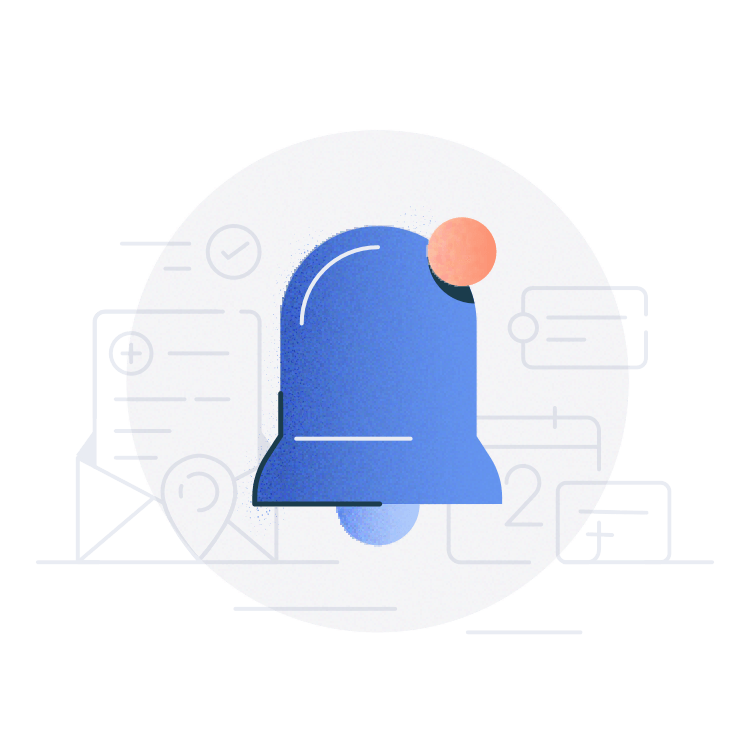
This is Chris, he’s here to help
Chronwell’s very own chatbot is designed to make useful information easily available.
Chris helps users recover by recommending the best course of action for care, be it self managed, on-site or at a healthcare facility. Initially, the chatbot answers generic questions, provides reminders and, if necessary, contacts the user with a real person to deal with specific queries. It also solves routine tasks like scheduling appointments and tracking sessions.
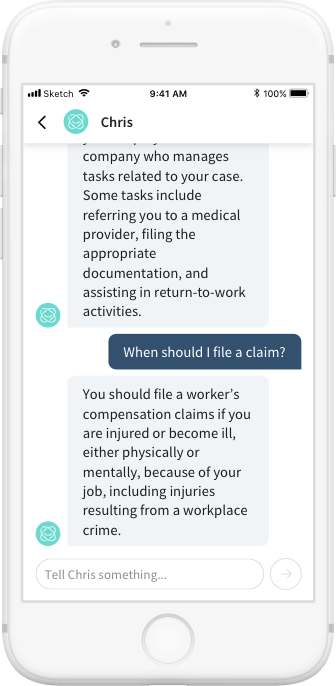
The results
Chronwell’s team is committed to building a platform with real impact on users’ lives. We got the opportunity of working together to learn from those users, their context, and their priorities and channeled that knowledge into a working MVP and a design system that set the foundations for a solid product that takes some of the stress out of work injuries.
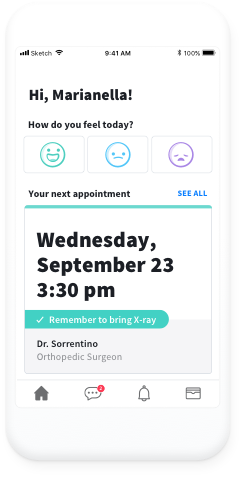
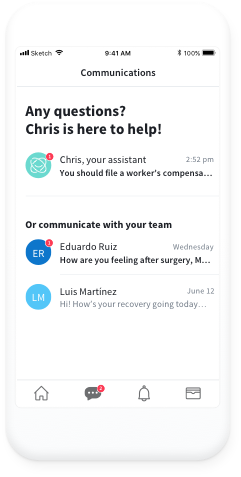
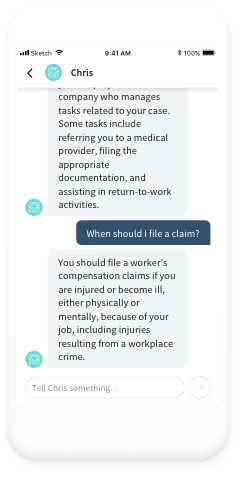
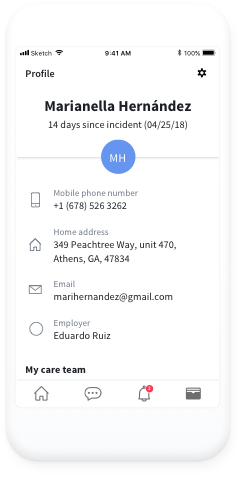
“Chronwell is disrupting the workers’ compensation system by employing technology to actually put the injured worker’s needs first. Our platform is designed to provide empathy and a speedier recovery, all while reducing costs.”
- Chronwell President, Salomon Sredni.
